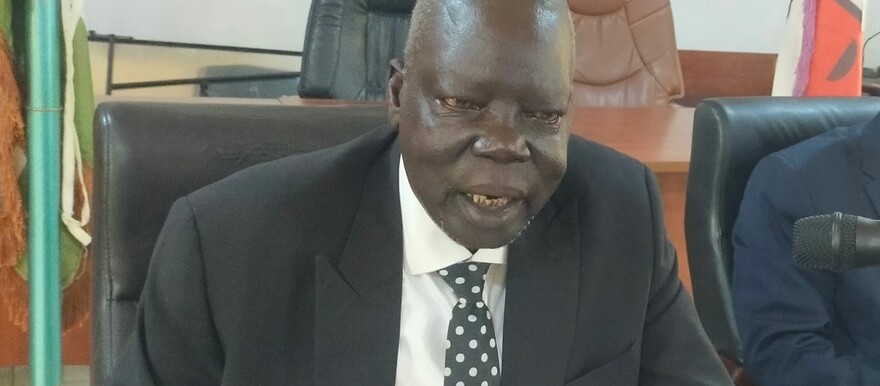The Judicial Reform Committee (JRC) is scheduled to present its report to the transitional government by the end of this month, according to Justice Minister Ruben Madol.
The body is responsible for assessing the functionality of the judiciary system as per the 2018 revitalized peace agreement.
Envisioned by the agreement, the JRC is mandated to investigate and report its findings on the judicial system to the unity government. Concerns about the independence of the judiciary system and its absence in certain states, notably Jonglei, the largest state in the country, have been raised by the United Nations Human Rights Commission.
Human rights experts have pointed out that South Sudan’s judicial system lacks both independence and adequate funding, raising apprehensions about its ability to handle potential election-related cases. These concerns are particularly pertinent as the country is poised to conduct its first-ever elections in December this year.
Addressing journalists on Thursday in Juba, Ruben Marol Madol, the Minister of Justice and Constitutional Affairs, highlighted the importance of addressing the issue of judicial independence in South Sudan. He announced that the JRC is preparing to present its report to the unity government.
“I’m pleased to announce that the Judicial Reform Committee is now concluding its work and is in the process of finalizing its report to hand over to the government of South Sudan,” Madol stated.
Madol emphasized that judicial independence is not a new concept and is not solely a part of the agreement’s provisions. He explained that the agreement mandated the formation of the JRC not only to assess the judiciary’s independence but also to examine all aspects related to its functionality.
“Since the interim constitution, the judiciary has been established as an independent pillar of the government,” he added.
Madol highlighted that the issue of independence can only be properly addressed once the committee’s report is released. “Therefore, anyone questioning the independence of South Sudan’s judiciary will need to wait for the committee’s findings. If the report identifies deficiencies in independence or erosion of the space for independence, steps will be taken to address these concerns,” Madol emphasized.




